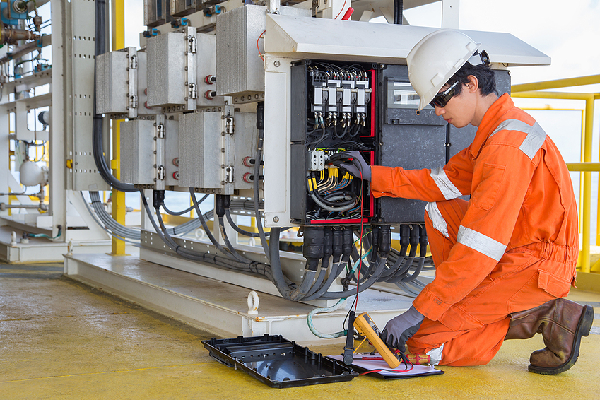Every company needs a generator for their business – as a power outage can occur at any moment. During a power outage, the last thing you would want is the lack of a backup power option – employees will have difficulty carrying out their daily tasks and your company’s productivity would take a hit.
This could also lead to monetary losses for your company as well as not being able to meet the deadlines for your projects. Hence, having a generator not only gives you the peace of mind but also keeps your company from facing the above-mentioned issues.
However, getting a generator does not entirely eliminate the chances of having a power outage. Similar to other pieces of equipment, it is vital that you maintain and ensure that your generator is in peak condition and that you are able to rely on it. It could be through routine maintenance or possibly a complete generator overhauling for a detailed ainspection of your equipment to determine the exact issue.
Hence, if you are unsure of how to maintain your generator and keep it in tip-top condition, keep reading on for these 3 critical tips!
Warm-up your generator monthly
One common mistake that most make is getting a generator and being over-reliant on it. However, it is essential to get the generator warmed up and running once in a while – this keeps the battery fresh and in optimal condition.
On some occasions, people only switch their generators on when they experience a power outage only to realise that it has rusted and is not able to be turned on.
One way to look at your generator is that they are just like humans. Exercise is needed for it from time to time to perform in peak conditions. So, if you have a generator that you plan to use as a backup during power outages, you should come up with a schedule for running it and keeping the battery fresh.
Check the fuel in your generator regularly
Whether you use your generator regularly or not, you should make it a point to check the fuel in it consistently. This is because your generator’s fuel lines can become faulty over time. When this happens, it might indicate that your generator has enough fuel, but in reality, the generator could be low on fuel.
If you detect that your generator has a faulty or clogged fuel line, you should contact your trusted engineer regarding the issue and get it looked at immediately. Especially since a generator is a vital piece of equipment, it is best to replace the faulty parts of the generator with the help of a professional.
Likewise, it applies to other pieces of equipment such as your electric motor – regular maintenance is important for your machinery to be in optimal working order always. Consider electric motor rewinds, for instance, if you’re looking to regain original efficiency and have it perform for a couple more years before it reaches the end of its lifespan.
Inspect your spark plugs frequently
One prevalent issue that occurs in generators is faulty spark plugs. There are many reasons for a malfunctioning spark plug. For example, it could be dirty from its long-term use, and that affects its connectivity. Alternatively, it could be an old spark plug that is unable to ignite properly.
No matter the reason, as long as the spark plug is not establishing a steady connection, your generator would not be able to start.
Therefore, it is key that you inspect your spark plug regularly. Upon inspection, if you notice that it is stained, you could clean it with a wire brush. On the other hand, if it looks normal on the outside but your generator is still having trouble starting up, you could replace your spark plug and diagnose if the issue is coming from the old spark plug.
Conclusion
Generators should be given routine inspection and maintenance to ensure that it is something that your company can rely on in dire situations. Hence, comes the importance of maintaining your generators properly to keep generator breakdowns at bay.

